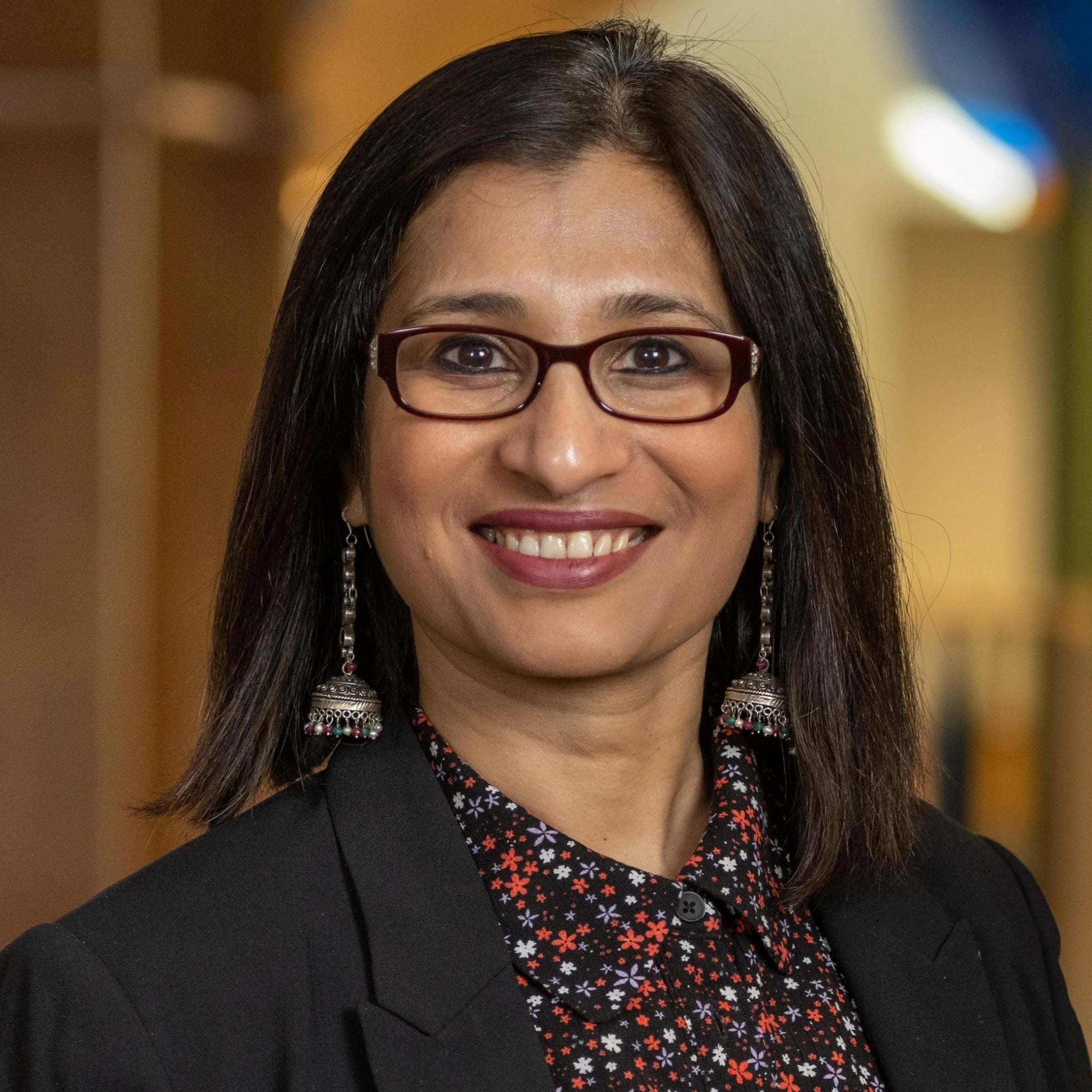The Data Struggle of the Unseen
Join the Women in Mathematics Committee on June 13, 2024 for a talk with Dr. Bhramar Mukherjee!
The event is for faculty members, postdocs, graduate students and undergraduate students of all genders at the Faculty of Mathematics. No registration is required.
Abstract
Despite several proposed roadmaps to increase diversity in scientific research, most of the world's research data are collected on people of European ancestry. We rely on summary statistics from historically privileged populations and then devise clever statistical methods to transfer/transport them for cross-ancestry use. In this talk, I would first argue the obvious: for building fair algorithms we need fair training datasets. However, till we have reached the dream of equitable big data at a global scale, statisticians have an important role to play. In fact we have the perfect tools to study the "unobserved" through modeling of missing data, selection bias and alike. I will share examples from my personal journey as a statistician where doing good and timely statistical work with imperfect data quantified important disparity in health outcomes and led to policy impact. I will conclude the talk with a call to arms for statisticians to lead efforts for creating, curating, collecting data and pioneering new scientific studies, not just remain on the design and analytic fringes. As public health statisticians, our job is not just to predict, but to prevent. The talk is based on years of work with my students and colleagues at the Department of Biostatistics, University of Michigan and inspired by the transformative experience we shared as a statistical team working on the COVID-19 pandemic. This lecture is presented jointly by the Department of Statistics and Actuarial Science and the Women in Mathematics Committee and is a part of the David Sprott Distinguished Lecture.
Speaker

Dr. Bhramar Mukherjee
Biography
Bhramar Mukherjee is John D. Kalbfleisch Distinguished University Professor, Siobán D. Harlow Collegiate Professor of Public Health, and Chair of Biostatistics; Professor of Epidemiology and Global Public Health, UM School of Public Health. She is Associate Director for Quantitative Data Sciences, University of Michigan Rogel Cancer Center as well as Assistant Vice President for Research for Research Data Services Strategy. Bhramar is the founding director of the University of Michigan’s summer institute on Big Data (BDSI). Her research interests include statistical methods for analysis of electronic health records, studies of gene-environment interaction, Bayesian methods, and shrinkage estimation, with strong collaborative areas mainly in cancer, cardiovascular diseases, reproductive health, and exposure science. She has co-authored more than 380 peer-reviewed publications in a variety of prestigious academic journals. She is the recipient of many awards for her scholarship, service, and teaching at the University of Michigan and beyond, including a membership with the National Academy of Medicine. Bhramar and her team took an active role in modeling the SARS-CoV-2 virus trajectory in India during the COVID-19 pandemic, which has been covered by major media outlets across the world.